
Newsletter Subscribe
Enter your email address below and subscribe to our newsletter

Enter your email address below and subscribe to our newsletter
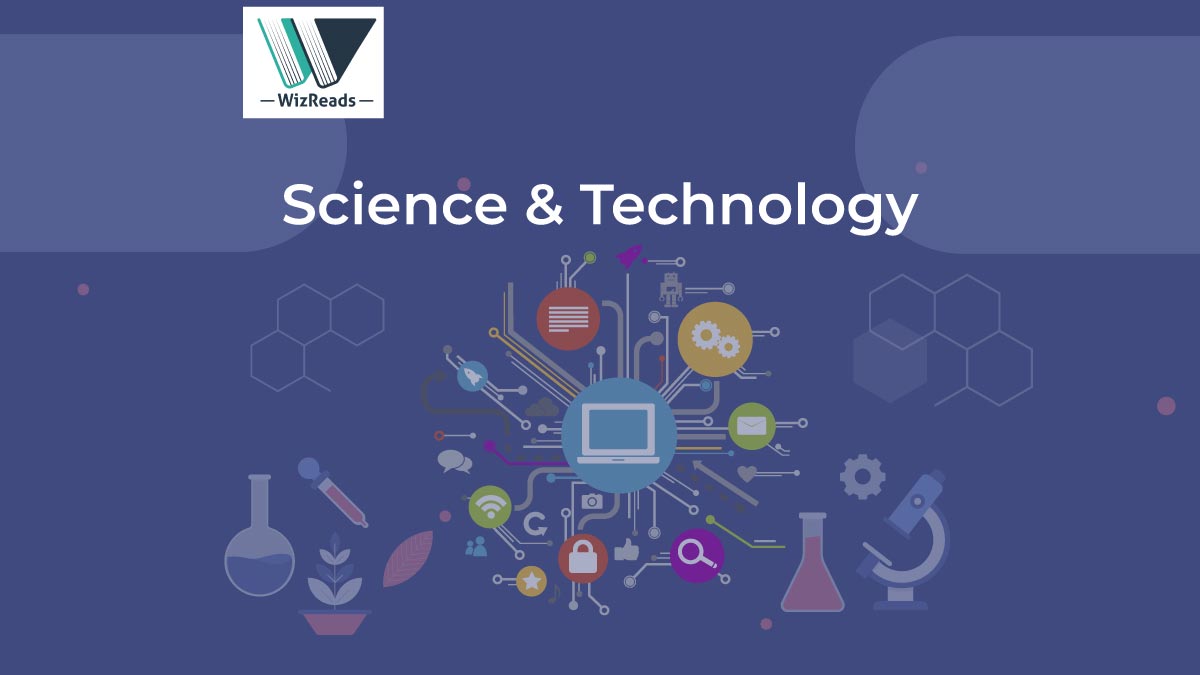

Captive crocs, especially ones at the zoo, don’t tend to move around a lot. Out in the wild, and on a more macro scale, these crocs have been evolving at a rapid scale.
Are we going to be around to witness a new Age of Reptiles?
While this is a slightly longer read than usual, any excerpt taken from this article wouldn’t feel out of place in a GMAT RC setting.
Categories: November 2021 | Easy

The 1986 Chernobyl nuclear disaster was so catastrophic that neighbouring towns are uninhabitable to this day. While Ukrainian scientists believed the problem was contained, recent reports show a spike in the radioactivity levels in the area, and global scientists believe there is a real possibility of another disaster if the nuclear material isn’t contained better, or disposed of. Check out this easy read to understand the different theories that scientists have about what could cause this scary scenario.
Read the recommended science article
Categories: October 2021 | Easy

Named after Georg Steller, Steller’s sea cows are extinct sirenians. Unable to fully submerge, these sea cows often grazed near the surface, making them susceptible to predation, and hunting. Despite being hunted to extinction within a few decades of being discovered, these sea cows impacted the environment they left behind. Understanding their extinction can help us preserve kelp forests that are still surviving. Learn how in this easy GRE GMAT RC practice article.
Categories: October 2021 | Easy
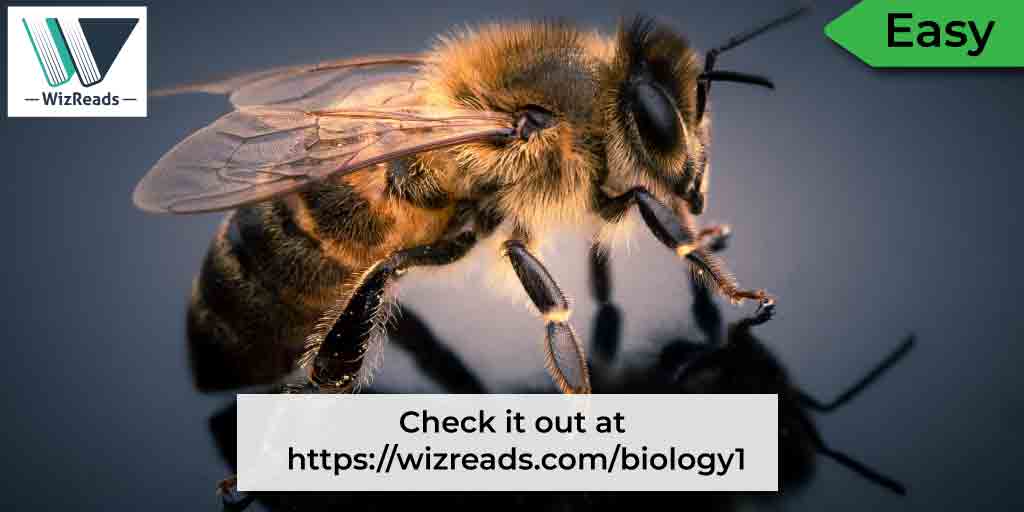
The American Bumblebee population is rapidly declining, and is endangered. Their numbers have gone down by around 90%, and in some areas, even 99%. How could this affect the ecosystem, and with it, us humans? Find out more about the factors contributing to declining and suggested conservation efforts in this easy read.
Categories: October 2021 | Easy

In 2018, the largest constellation of satellites was Iridium’s with 70. In the coming years, Amazon, SpaceX, Satnet and others will launch constellations of satellites ranging from 11000-30000+ in number for high-speed internet. These satellites cause pollution, contribute to space debris, and mess with astronomical observations. At this rate, astronomy as a field of study would be severely crippled because we would no longer be able to look through telescopes and see the skies without a satellite or two (or dozen!) blocking our view.
Categories: October 2021 | Moderate

What started out as a crowdsourcing experiment is now the US National Weather Service. A team of volunteers from different parts of the country were given weather equipment, and sent in their observations via telegraph. Consolidating that, the Smithsonian pioneered weather maps. This medium diffculty read follows the growth of weather prediction – from an inaccurate experiment to far more accurate science. Is climate change likely to impact weather prediction accuracy in the future?
Suggested science technology environment read
Categories: October 2021 | Moderate
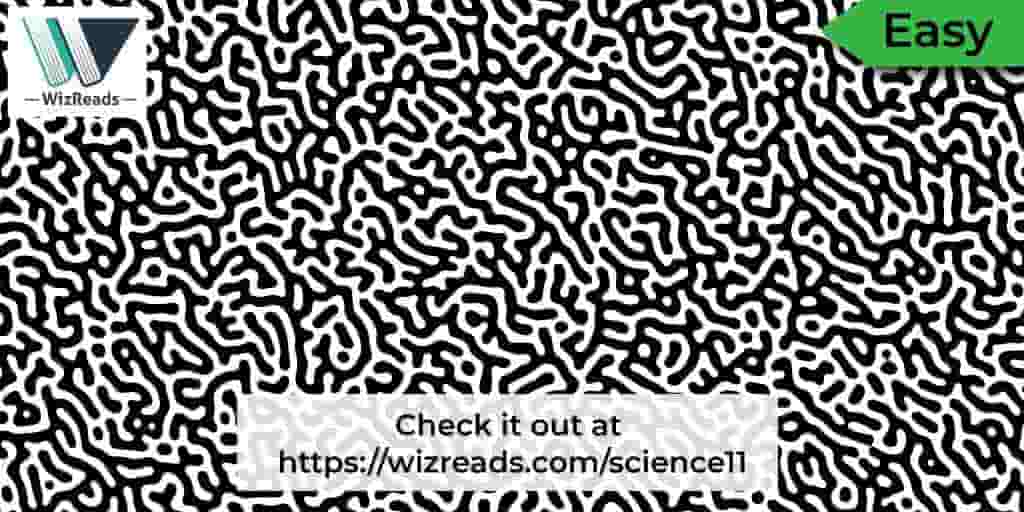
Alan Turing, the famous polymath claimed that when naturally noisy systems are stimulated, they form stable patterns to maximize equilibrium. For example, desert grasses grew in shaped patches to maximize irrigation to all parts. Scientists are increasingly finding proof of what Turing published in 1952 and are realizing that what was named Fairy circles is actually the Turing pattern in action and a form of self-protection for the plants.
Read the science technology environment passage
Categories: October 2021 | Easy
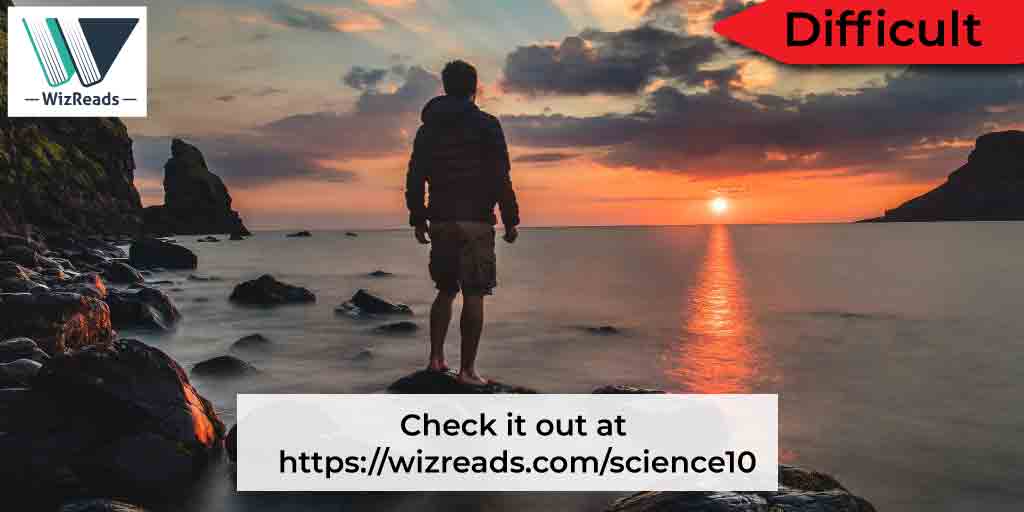
Are you a leisure maximizer or a leisure avoider? What do these terms even mean? In a fast-paced productivity-first environment, people often view leisure as unimportant, or worse, detrimental to achieving their goals.Leisure time has become an underutilized resource, with people trying to one-up each other on how well, or how grandly they spent their leisure time.This long and difficult article discusses the right way to approach leisure time and how to gain the most cognitive benefits from leisure.
Categories: September 2021 | Difficult

Richard Feynman, the renowned Nobel-Prize-winning physicist and lecturer thought of himself as “an ordinary person who studied hard.”
He came up with a 4-step method using which anyone can learn anything they wanted. Sounds intriguing?
Categories: September 2021 | Moderate
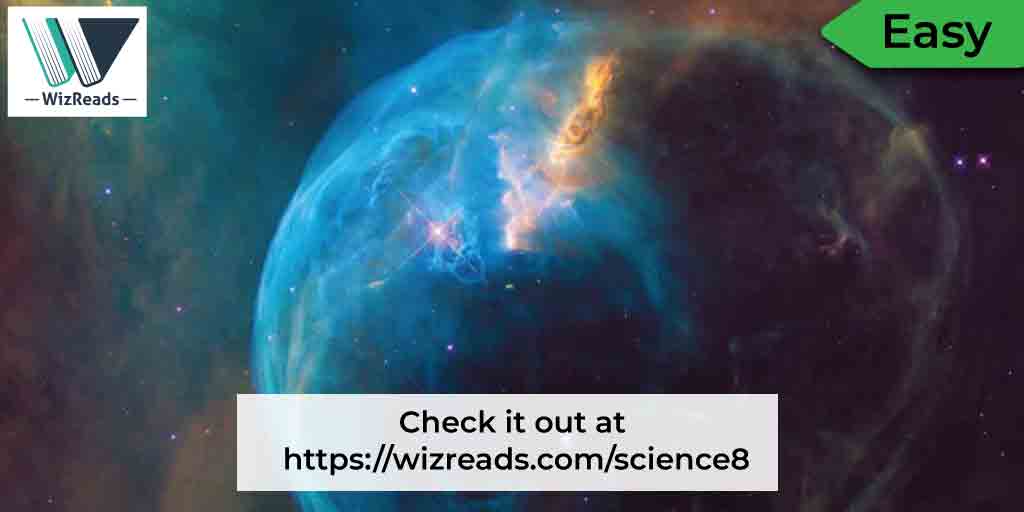
According to some scientists, we’re a three-dimensional island, floating in 10-dimensional space. Based on the concepts of String Theory, some physicicsts believe that there could be a fifth dimension – beyond the three spatial dimensions we know and the fourth dimension of time. If this easy read article ends up being true, the fifth dimension could also be an explanation of dark matter.
Categories: September 2021 | Easy